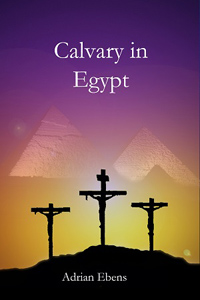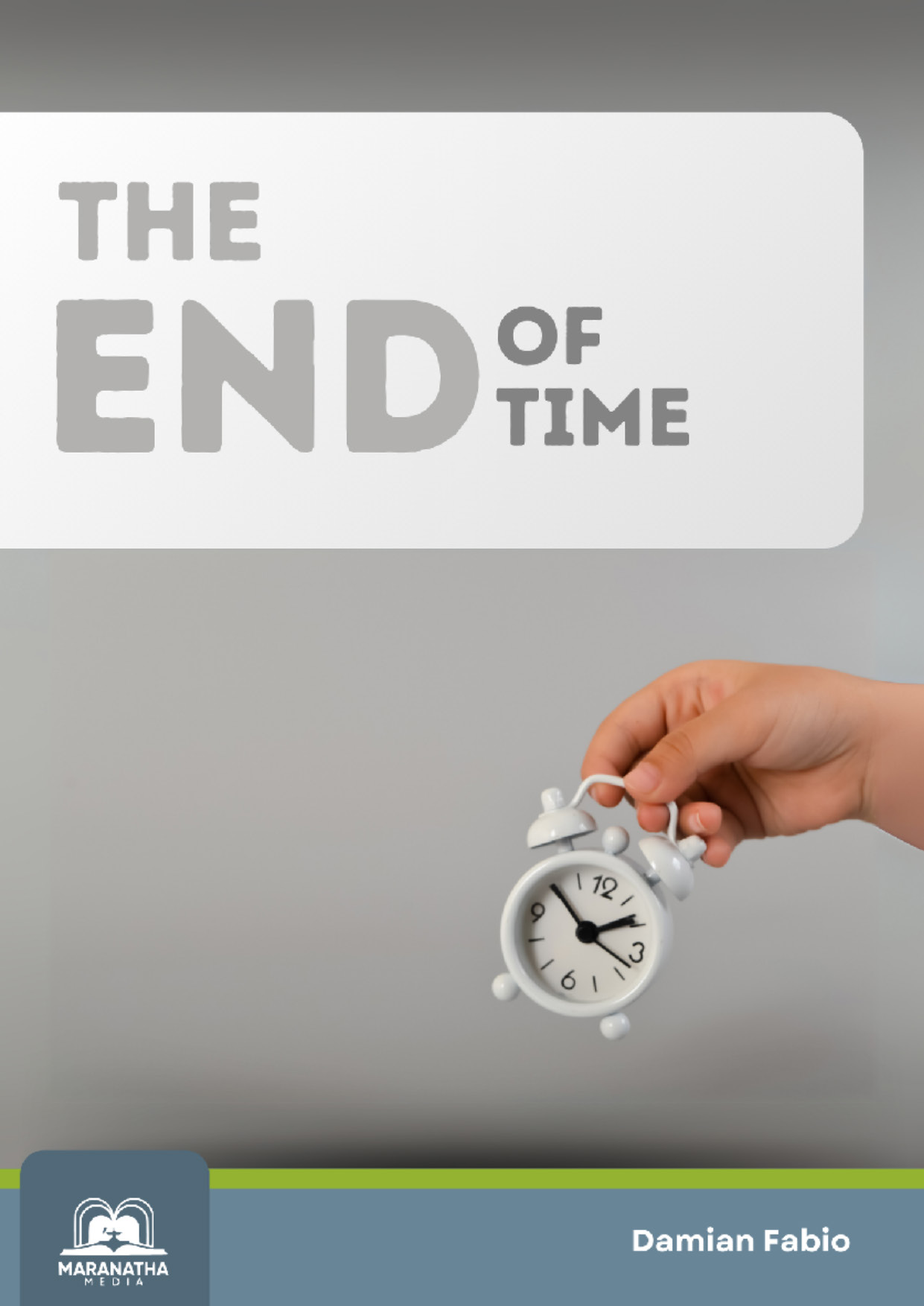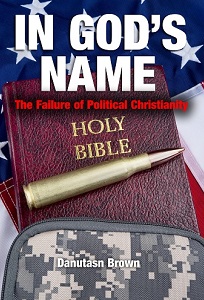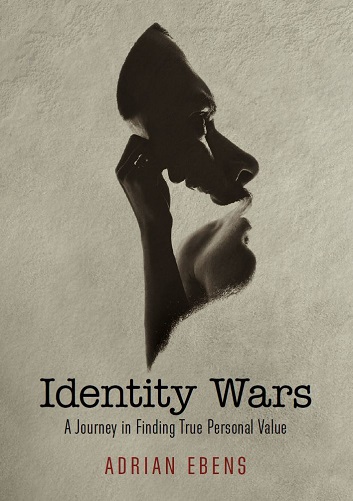Orthodoxy: its truths and errors
Orthodoxy: its truths and errors, By James Freeman Clarke, 1866 (Unitarian).
"In the Christian Church, the history of this doctrine is interesting and important. Some sort of Triad, or Trinity, existed in very early times, although the Orthodox form was not established until later.
At first, the prevailing doctrine is that of subordination; that is, that the Son and the Spirit are inferior to the Father. But, as the Son and the Spirit were also called divine, those who thought thus were accused of believing in three Gods. Some then said, that the Father was alone divine; and these were called Monarchians. Others, wishing to retain the divinity of the Son and Spirit, and yet to believe in one God, said that the divinity in the Father, in the Son, and in the Spirit, was essentially the same, but that the divinity of the Father was the fountain from which that of the Son and Spirit was derived. This was fixed as Orthodox at the Council of Nice, A. D. 325, and was the beginning of Orthodoxy in the Church. It was a middle course between Scylla and Charybdis, which were represented on the one side by Arius, who maintained that the Son was created out of nothing; and by Sabellius on the other hand, who maintained that the Son was only a mode, manifestation, or name of God; God being called the Father, as Creator of the world; called Son, as Redeemer of the world; and Spirit, as Sanctifier of the world. The Council of Nice declared that the Son was not a manifestation of God, as Sabellius said, nor a creation by God, as Arius said, but a derivation from God.* Just as the essence of the fountain flows into the stream derived from it, so the essence of the Father flows into the Son, who is derived from him. Here, then, we have the three formulas of the early Church — that of Arius, who says, "The Son was created by the Father, and is inferior to him;" that of Sabellius, who says, " The Father, Son, and Spirit, are manifestations of God, and the same essence;" and Orthodoxy, as the Council of Nice, trying to stand between them, and saying, "The Son is derived from the Father, and is of the same essence with him."
The Church, ever since, has been like a ship beating against head winds between opposing shores. It has stood on one tack to avoid Arianism or Tritheism, till it finds itself running into Sabellianism; then it goes about, and stands away till it comes near Arianism or Tritheism again. Unitarianism is on both sides: on one side in the form of one God, with a threefold manifestation of himself; on the other side in the form of a Supreme God, with the Son and Spirit subordinate. It has always been very hard to be Orthodox; for, to do so, one must distinguish the Persons, and yet not divide the substance, of the Deity. In keeping the three Persons distinctly separate, there was great danger of making three distinct Gods. On the other hand, if one tried to make the Unity distinct, there was danger that the Persons would grow shadowy, and disappear.
The heaviest charge against the Church doctrine of the Trinity is, that, driven to despair by these difficulties, it has at last made Orthodoxy consist, not in any sound belief, but only in sound phrases. It is not believing anything, but saying something, which now makes a man Orthodox. If you will only use the word " Trinity " in any sense, if you will only call Christ God in any sense, you are Orthodox." (emphasis supplied)




_A4_w-cover_Page_011.jpg)
